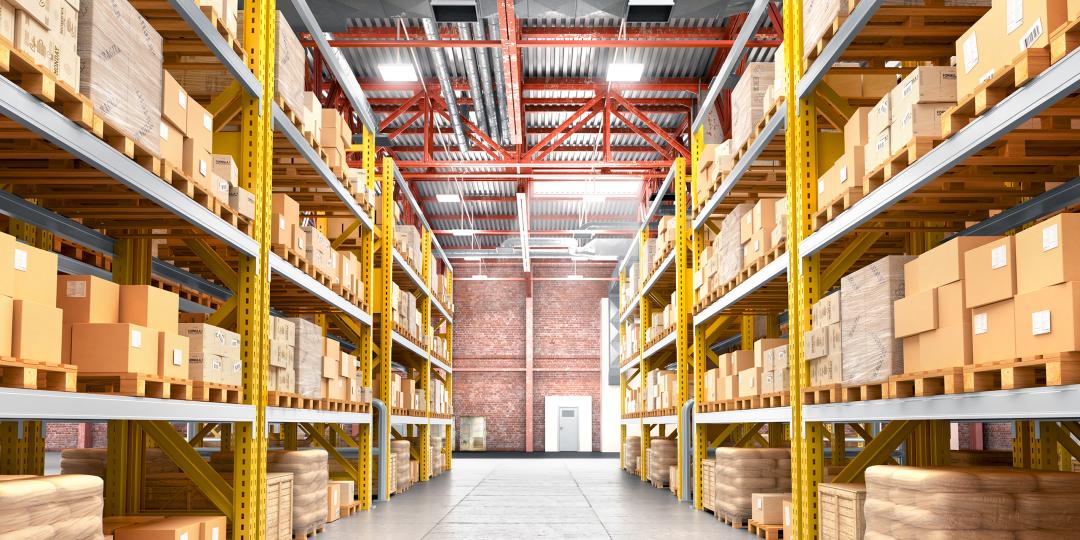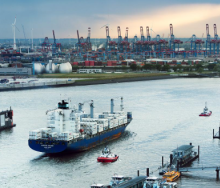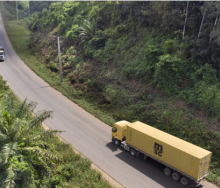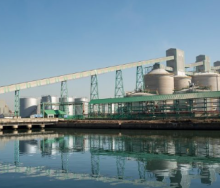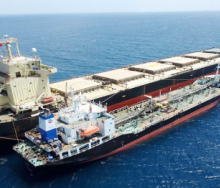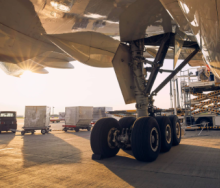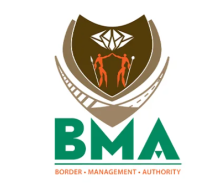The demand for warehousing over the past few years, specifically cross-dock facilities, has increased exponentially, driven largely by the fact that South Africa is a net importer of consumer goods.
This is according to Rob Stead, chief operating officer at World Net Logistics, a member of Rhenus Logistics. “Overall, there are four key areas where we have seen this demand – cross docking, value-added services, end-to-end supply chain solutions, and security.
”Stead told Freight News that the imbalance between imports and exports had resulted in significant “turn-in” fees when returning containers to the relevant port. “As a result, many of our clients choose to unpack their cargo at the port of arrival for direct distribution into the market, saving both costs and time.”
To meet the growing demand the company invested in a brand new 15 170-square-metre facility in Durban this year, with state-of-the-art cross-docking and distribution capabilities. According to Stead there has also been an increased demand for value-added services – kitting, labelling, fine pick and consolidation of promotional items, as well as reworks on electronics.
“The most significant increase in demand is the need for a full end-to-end supply chain logistics solution, with one company accountable for freight forwarding, warehousing and distribution,” he said. “Driven by the need to reduce costs, the control and visibility under one roof, as it were, enables clients to look across the supply chain and streamline processes, eliminate waste, and increase efficiencies.”
He said World Net Logistics not only had a long track record in the South African market, but was well positioned as a service provider offering all the services across the supply chain. “The recent acquisition by Rhenus Logistics, with over one million square metres of warehousing space in Europe, and a wholly owned network of over 750 locations worldwide, has added global firepower to our arsenal.”
Stead said no expense was spared when it came to safety and security of its staff or cargo. “We have armed guards patrolling the premises 24/7, vehicle traps, a manned control room with staff trained to identify body language and suspect behaviour, and over 500 monitored CCTV cameras.
These measures are necessary to combat organised crime, but we also believe that due to the current economic climate there will be an increase in ad-hoc criminal activity. ”Commenting on the trends and outlook for the warehousing and distribution sector, he said locally, they continued to see cyclical trends from customers around the decision whether to in-source or outsource, and whether to make use of a multi-client warehouse or set up a dedicated facility, cost being one of the major considerations.“
The outlook for the next 18-24 months is uncertain to say the least. The disruption caused by the pandemic makes the agility and responsiveness of supply chains a top priority. To assist with this, there are several ground-breaking innovations taking place such as drone technology, autonomous high-reach forklifts, robot-supported storage and order-picking systems, storage system optimisation based on big data and virtual reality.
“According to Stead airfreight capacity remains constrained and as a result extremely expensive. “With interest rates at an all-time low and concerns about further devaluation of the rand, many importers are opting to bring in bulk stock via ocean freight and to warehouse this in the hopes that the economy recovers, and future savings can be derived,” he said.
